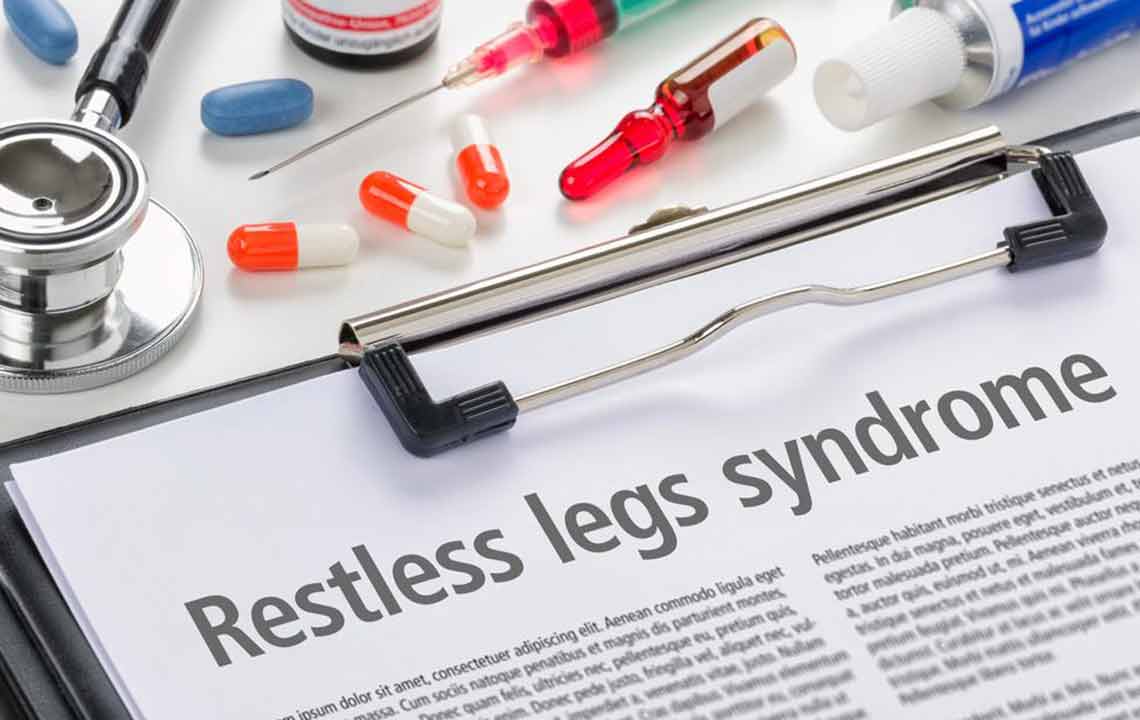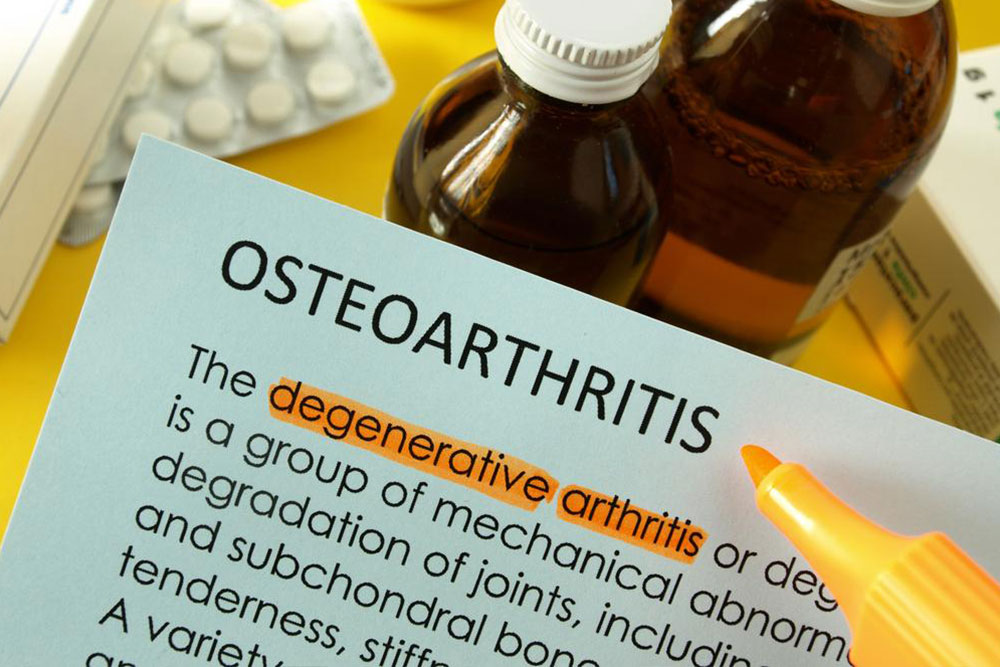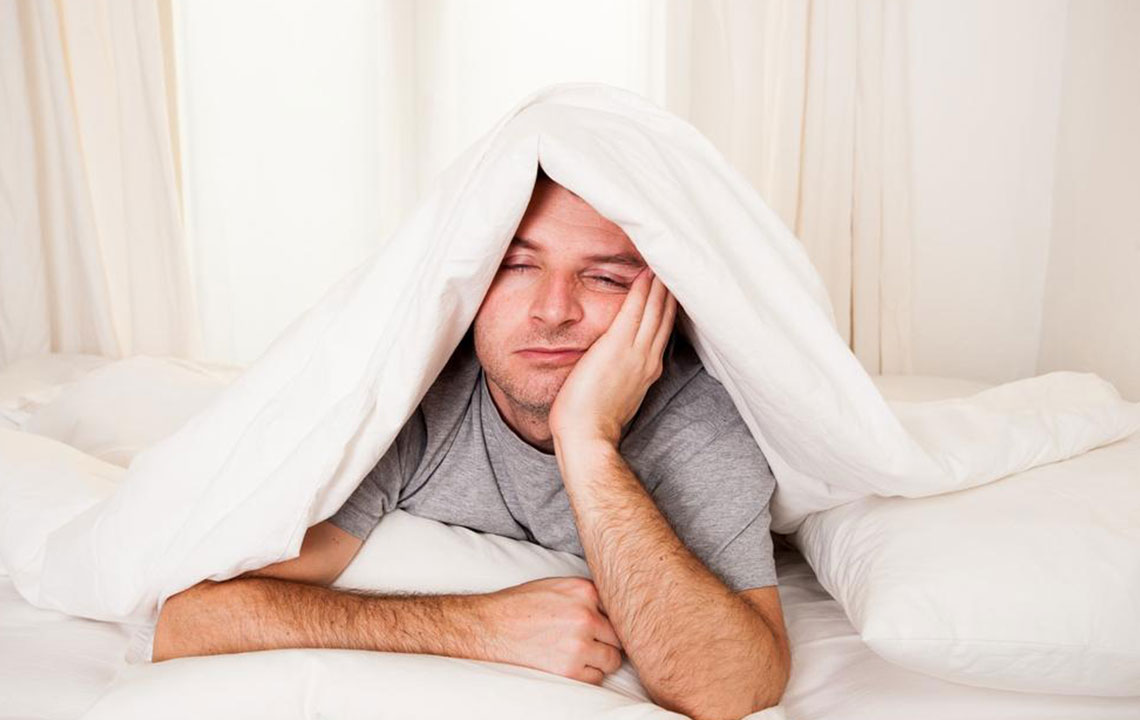Top Strategies to Alleviate Restless Leg Syndrome Symptoms
Discover effective, non-drug approaches to manage Restless Leg Syndrome. From lifestyle modifications, sleep hygiene, and dietary adjustments to stress management, these strategies can help reduce symptoms and improve sleep quality. Consult your healthcare provider for personalized advice to alleviate discomfort and restore restful nights.

Top Strategies to Alleviate Restless Leg Syndrome Symptoms
Restless Leg Syndrome (RLS) is a neurological condition characterized by a compelling urge to move the legs, often accompanied by unpleasant sensations. This reflexive urge can develop rapidly and becomes hard to ignore over time.
It frequently occurs at night, disrupting sleep and leading to sleep deprivation. The resulting fatigue can cause daytime drowsiness, low energy, irritability, and mood disturbances. RLS is a significant contributor to sleep disorders, affecting about 10% of the population, predominantly women. Its severity tends to increase with age, especially in middle-aged and older adults.
Although RLS symptoms are recognizable and manageable, diagnosis can be challenging due to intermittent onset and similarity to other conditions. No specific cause has been pinpointed, but several factors influence its manifestation:
Pregnancy: RLS is common during pregnancy, especially in the third trimester, but symptoms often improve postpartum.
Medications: Certain drugs, including antidepressants, antihistamines, and anti-nausea medicines, may exacerbate RLS symptoms.
Chronic health issues: Long-term conditions like diabetes, kidney disease, Parkinson’s, and iron deficiency anemia can mimic or worsen RLS symptoms.
Accurate diagnosis relies on clinical assessments and patient history since symptoms can be sporadic. While treatments are available, non-pharmacological approaches often provide significant relief.
Avoiding stimulating substances: Limiting caffeine, alcohol, tobacco, and foods containing these substances can reduce symptom severity and improve sleep quality.
Medications and supplements: Always consult healthcare providers before using medications or supplements. Certain muscle relaxers, sleep aids, or iron, magnesium, and vitamin B supplements may help alleviate RLS symptoms.
Optimizing sleep habits: Establishing a consistent sleep routine and creating a calming sleeping environment can help manage the urges. Quality sleep is vital in reducing RLS episodes.
Regular physical activity: Engaging in moderate exercise, along with heat or cold therapy, can soothe symptoms. Maintaining an active lifestyle supports overall neurological health and minimizes discomfort.
With these strategies, individuals can find effective relief from RLS and improve their sleep and quality of life.









